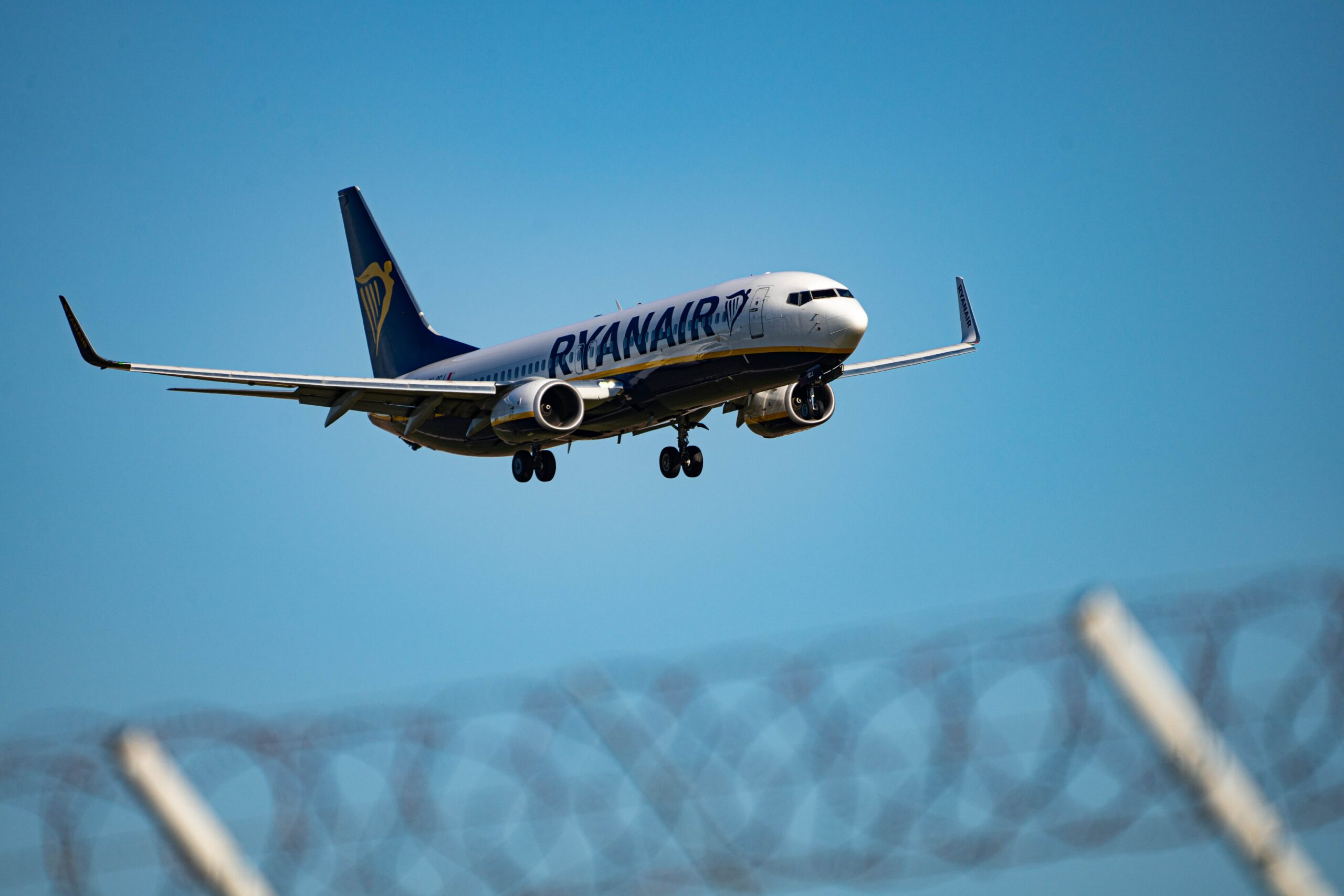
A Turning Point: How the EU’s Response Could Change Geopolitics in Eastern Europe
28 May, 2021
As is well reported on by now, Belarusian authorities ordered a Ryanair flight traveling from Athens to Vilnius to make an emergency landing in Minsk just a few days ago. The flight was accompanied by a MiG-29. Their aim was to arrest dissident journalist Raman Pratasevich, which they brazenly did, and trotted him out to do a coerced speech where he was clearly shaken and physically assaulted. What was even more bizarre was the fact that the Belarusian government blamed Hamas for putting a bomb on the grounded Ryanair flight. Of course, Hamas denied any responsibility.
The immediate first response was the kind of limp and vague response we have come to expect from EU officials. However, the pressure to act and the outright anger from Member States soon after made this situation feel a bit different. Within the last days, the EU has acted with purpose, and has almost immediately demanded the release of Pratasevich, diverted all EU flights from Belarus, and enacted immediate sanctions on senior Belarusian officials.

A watershed moment for the EU?
The reason this could be a watershed moment for the EU is not so much the event on its own. Rather, it is one of the few times that Member States acted with unison on issues in Eastern Europe. Notably, the UK and Ukraine also ordered all flights through Belarus to be diverted until further notice. There was also an immediate response from the US, firmly backing up their European allies. If the EU can lead from the front on its Eastern flanks and show a willingness to use its considerable leverage, then it will be a paradigm shift in the politics of the region.
In the bigger picture, not much is likely to change and sadly my conclusion is that Raman Pratasevich is likely to become a Belarusian equivalent to Russia’s Alexei Navalny. Of course, this also leads back to Russia, and whether they had a hand in it or not. There is some speculation that there were “KGB” agents aboard this flight. While no one would be shocked if this was a move directed by Putin, the former Soviet KGB was already dissolved in 1991 so it is important to note that this most likely refers to the Belarusian intelligence service. Regardless, the likelihood of Belarusian spies being on the plane is troubling.
By default, Belarus is now, more than ever, a client state of the Kremlin, and Lukashenko will now be even more dependent on Moscow’s backing. Rest assured that Putin is keenly watching to see how Europe’s capitals respond. The events of the last few days should be the wakeup call Europe needs. If an isolated rump state like Belarus would take such brazen actions, then imagine what an ever more Russia would be willing to do if they think they can get away with it.
Furthermore, I would caution policy makers on both sides of the Atlantic to not get too caught up in the idea that we are somehow pushing Belarus further into Russia’s orbit. That ship has already long sailed and the events of last year with post-election Belarusian protests solidified Moscow’s grip on the current regime’s dependence. Because of this, it should be assumed that any follow-on actions of the Belarusian government (especially with Pratasevich) have at a minimum the Kremlin’s indifference, or worse it’s complicity and direct involvement.
We still do not know if that is the case, but European (and American) leaders should do their due diligence and leave no stone unturned. The most important step was the strong reaction from the EU, and the willingness to draw clear red lines. This was one of those moments and this also links back directly or indirectly to the bigger geopolitical game here. This implicates Belarus but also Ukraine as the buffer states between the EU’s (and NATO’s) eastern flanks. Despite harassing states in the Eastern Baltic, it can be assumed Russia has no desire to see if NATO would respond in real time to an incursion in the Baltic states and possibly starting World War III.
However, what happens in Belarus and Ukraine is an entirely different story, and make no mistake, what happens in one directly affects the other.
How might you ask?
The Kremlin has been trying to establish a permanent military base (or multiple) on Belarusian territory for years, but to date has been rebuffed by Lukashenko. Now that Minsk is more dependent than ever on looking East, what says that either pushing through the Russian-Belarusian Union State or a permanent military presence won’t be on the docket, or worse, both? Mark my words, if there is a permanent Russian presence on Belarusian territory, then it would be an absolute game changer and would increase pressure on Ukraine (and the rest of Eastern Europe) tenfold. Let’s also not forget little Georgia and the same coercive politics.
This is where the looping back of European unity becomes so crucial to the geopolitics of the region and for that matter the continent. By stating these clear red lines, by using the considerable leverage they have, and standing firmly by them and their values, it completely changes the cost-benefit analysis for both Moscow and Minsk. Europe must start thinking more strategically and looking ahead on the chess game Putin has been playing for years while the West has remained indifferent or chasing their own tails. This is a positive step in the right direction and needs to be a wakeup call where European leaders finally say enough and assert themselves like they have within the last day.